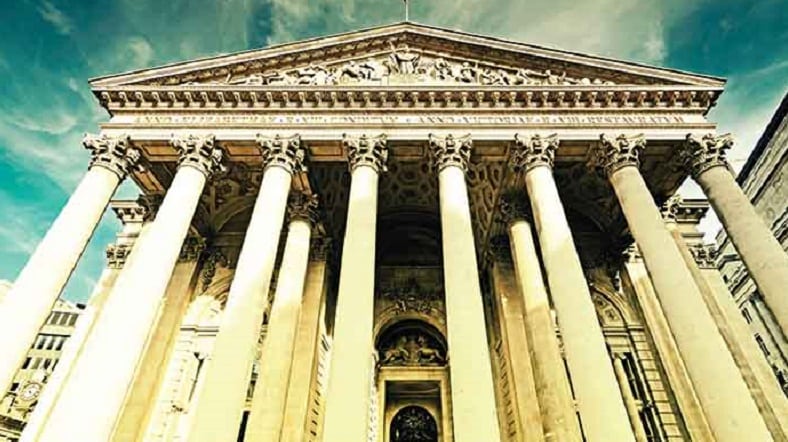Tuesday’s CPI readout, in which inflation defied consensus expectations of a modest 0.1% dip and held fast at 3%, has fuelled even more chatter about the “growing pressure” on the UK central bank to act and hike interest rates next month.
With all the current available data, some commentators think that the BoE could purse an even more aggressive course of action. Macroeconomic research house Capital Economics, for instance, is predicting a whopping three hikes in 2018 alone, quite the tall order considering the central bank hasn’t executed that many rate rises since 2007 before the global financial crisis kicked off.
One of the main reasons, all eyes are on BoE governor Mark Carney to make a move is because of inflation’s stranglehold on UK households.
“The negative disparity between wage increases and the cost of living goes on, which turns the heat up on Carney to raise interest rates in an effort to bring down inflation,” says Calum Bennie, savings expert at Scottish Friendly.
This hawkish interpretation/turn was inspired by Carney himself, saying at a press conference after the last MPC meeting: “It will likely be necessary to raise interest rates to a limited degree in a gradual process, but somewhat earlier and to a somewhat greater extent than what we had thought in November.”
“Carney’s recent comments suggested that interest rates may need to rise by more than current expectations due to inflationary pressures and this print backs that up,” wrote Neil Birrell, Chief Investment Officer at Premier Asset Management. “Sterling may well get some short-term support on the back of it.”
Carney “has been known for raising several false alarms in the past,” Bennie continues, “but it looks like the Bank of England’s warning last week that interest rates are set to rise is the real deal”.
Err on the side of caution
Inflation remained stubbornly static on Tuesday owing to the combination of rising oil prices and, more importantly, sustained sterling weakness.
However, there are early signs that domestically driven inflation from changing dynamics in the labour market could finally be creeping in.
Ben Brettell, senior analyst at Hargreaves Lansdown, believes that “domestically driven inflation could seamlessly take over from the sterling-related price rises we’ve seen since the Brexit vote”.
“If this is the case, some tightening of monetary policy looks increasingly appropriate,” he adds.
Yes, but sceptics interject that there is also the still unrelenting pressure on real wages and the greatest of the known unknowns (Brexit) to keep the UK central bank dovish.
That’s precisely why Nick Leung, research analyst at Wisdom Tree in Europe, expects the BoE “to err on the side of caution and proceed with a slow path to higher interest rates”.
“Financial markets should not assume that any hike is a done deal,” Lucy O’Carroll, Abderdeen Standard Investments chief economist, adds.
“Inflation could fall away more sharply than expected between now and May,” she says. “Brexit could yet derail any hikes in the short term, too. The bank’s forecasts are based on a smooth Brexit transition, and you’d be forgiven for thinking that things might be bumpier, for a while at least.”
Structural factors like “an ageing demographic and the rise of disruptive technologies” should also continue to exert a downward pressure on inflation, says Brettell. “I don’t think the Bank of England will have to be too extreme in its actions to keep a lid on the situation,” he adds.
There is also a disconcerting trade-off between reducing the squeeze on household spending and making it harder to borrow cheaply.
As Scottish Friendly’s Bennie says: “Although the squeeze on living continues, the prospect of another rate rise will be music to the ears of hard pressed savers as it will slow the pace at which inflation is eating into their money. Sadly, as is always the case, an upward shift in interest rates will be less welcomed by homeowners as well as borrowers, who now appear to be on borrowed time.”
The BoE’s task of charting its interest rate course for 2018 will be a delicate balancing act. Central banks have arguably one of the toughest jobs in the world. They figuratively hold the fate of the economy in the palm of their hands, one of the reasons why economists and investors care more about what incoming Federal Reserve chair Jerome Jay Powell will do than president Trump’s latest tweet.
And of course governor Carney has frustrated expectations before and will probably do so again. They say a leopard cannot change its spots. I argue it’s also fair to say: “don’t expect a dove to become a hawk”.









